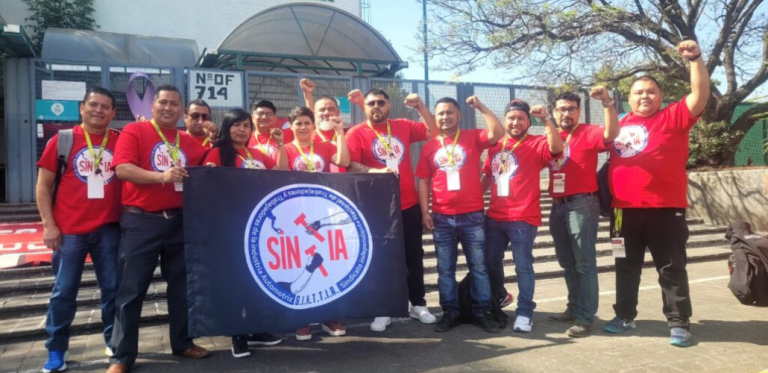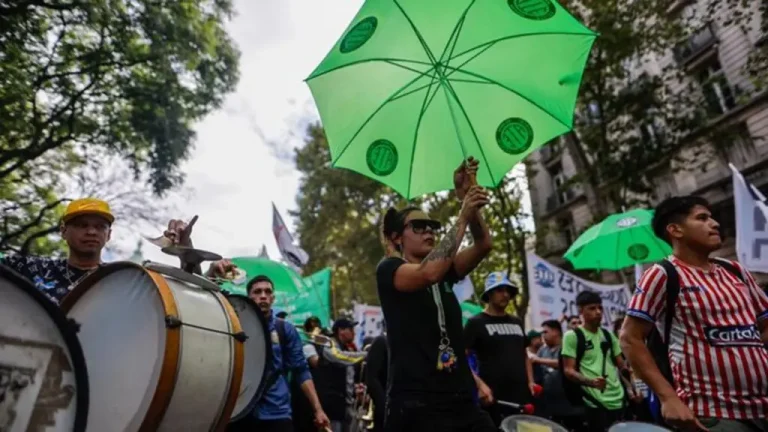Unmoved By Tariff Threats, Mexican GM Workers Win Wage Hike
Mexican General Motors workers in the Silao, Guanajuato, factory complex clinched record raises after staring down company scaremongering about tariff threats.
“They said, well, we’re offering 6 percent,” said Norma Leticia Cabrera Vasquez about management’s offer at bargaining.
“We knew they were going to show up with that, but we said, ‘We still have weeks to negotiate, so we won’t let that intimidate us,’” said Cabrera Vasquez, who worked at the plant for 15 years, and now serves as a leader of the union’s Women’s Department.
In spite of the company's efforts to stoke uncertainty, auto workers stood their ground, garnering wage increases of 10 percent on average.















